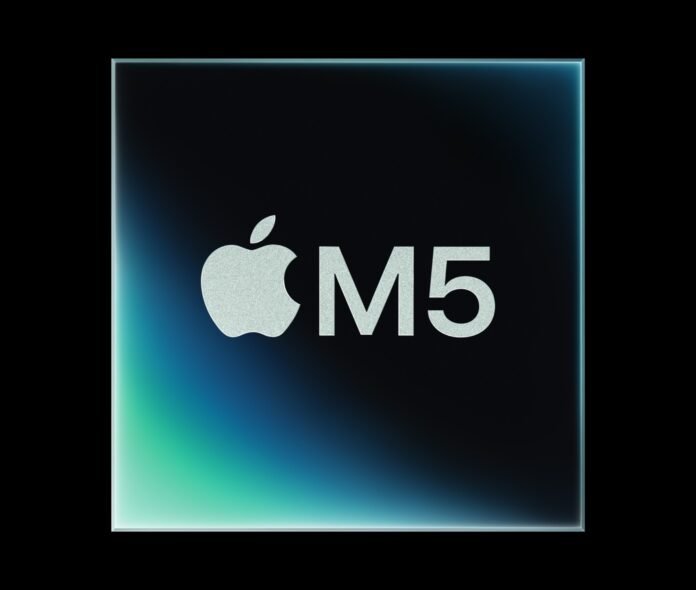Students in 2025 are discovering AI tools that transform how they study, write, research, and collaborate. From note-taking and tutoring to language translation and writing assistance, the right AI tool can make academic life more efficient and effective. Here are the Top AI Tools for Students & Learning, ranked by usefulness, accessibility, and educational impact.
1. ChatGPT Free Tier
ChatGPT remains a cornerstone for student learning: a conversational AI that can explain concepts, help brainstorm, draft essays, and even generate study plans.
Features
- Conversational explanations across subjects
- Essay drafting, summarizing, brainstorming prompts
- Integration with plugins for research tools
Pricing
- Free tier with GPT-3.5 access; upgrade available to GPT-4 (ChatGPT Plus $20/month)
Pros
✔ Highly versatile for many academic tasks
✔ Easy to use, with broad utility
✔ Constant community and tutorial support
Cons
❌ Free plan limited to GPT-3.5 model
❌ Requires prompt clarity for best results
Best For
All students needing help with writing, brainstorming, and understanding concepts.
2. Perplexity AI
Perplexity is the ideal research-focused AI—offering answers with real-time web citations, making it great for citation-heavy assignments and fact-checking.
Features
- Live web sourcing with inline citations
- Follow-up contextual questions
- Topic exploration and clarification
Pricing
- Free with optional Pro upgrade (around $20/month) for advanced features
Pros
✔ Accurate, citation-backed answers
✔ Excellent for homework, research, and debates
Cons
❌ Less adept at creative or conversational tasks
❌ Pro tier needed for advanced features
Best For
Students doing research projects, writing papers, and needing verified sources.
3. Claude (Free Tier)
Claude by Anthropic offers safe, high-quality conversational responses with strong reasoning—perfect for writing support and content organization.
Features
- Clear, coherent essay planning and content refinement
- Strong at reasoning and structured writing
- Safer content output with moderated responses
Pricing
- Free tier with limited daily usage
- Claude Pro (paid) unlocks more advanced capabilities
Pros
✔ High reliability and clarity
✔ Structured explanations ideal for essay outlines
Cons
❌ Daily caps limit heavy use
❌ Pro version required for long responses
Best For
Students needing high-quality writing assistance and content structuring.
4. GrammarlyGO (Free Tier)
GrammarlyGO integrates AI writing assistance directly into Grammarly’s platform—offering grammar fixes, tone suggestions, and quick rewrites.
Features
- AI-powered grammar and style corrections
- Tone adjustment and rewrite suggestions
- Plagiarism detection and citation tools
Pricing
- Free basic plan; Premium plan available (~$12/month)
Pros
✔ Saves time editing with polished output
✔ Great for academic writing and thesis checks
Cons
❌ Full rewriting requires Premium
Best For
Students writing essays, reports, or creative work needing grammatical polish.
5. Notion AI (Student Access)
Notion AI helps students organize notes, brainstorm prompts, and generate summaries directly within a powerful note-taking workspace.
Features
- Auto-summarize notes and generate meeting templates
- Brainstorming prompts and to-do generation
- Seamless integration with notes and databases
Pricing
- Free plan with limited AI runs; Personal Pro student discount available
Pros
✔ Efficient notebook + AI combo
✔ Excellent for organization and study planning
Cons
❌ AI usage is limited on free tiers initially
Best For
Students who manage class notes and research projects within one tool.
6. Quizlet AI (Free Features)
Quizlet’s AI helps learners create and study flashcards, quizzes, and practice tests with intelligent formatting and retrieval exercises.
Features
- AI-generated flashcards and practice quizzes
- Study reminders, spaced repetition
- Audio support for language learning
Pricing
- Free access with basic features; Quizlet Plus (~$3/month) unlocks advanced modes
Pros
✔ Great for memorization and revision
✔ AI-generated questions save time
Cons
❌ Limited if you prefer textbooks
Best For
Students studying terms, languages, or test prep (SAT, GRE, etc.)
7. Khanmigo (Khan Academy)
Khanmigo offers AI tutoring across math, science, and humanities, focused on helping students through guided explanations.
Features
- Step-by-step help with math and concepts
- Interactive dialogue-based learning
- Integrated into Khan Academy content
Pricing
- Free tier available; educator/student programs have expanded access
Pros
✔ Interactive tutoring for foundational learning
✔ Safe and curriculum-aligned
Cons
❌ Limited to Khan Academy topics
Best For
K–12 students needing homework assistance in core subjects.
8. Bing Chat (AI-Powered)
Bing Chat delivers an AI engine powered by GPT-4, integrated with Bing search to provide conversational and up-to-date responses.
Features
- GPT-4 capabilities with web browsing
- Image generation and citation support
- Available via web and Edge browser
Pricing
- Free with a Microsoft account
Pros
✔ Combines AI answers with real-time data
✔ Familiar interface for Windows users
Cons
❌ Limited control over updates
✔ Best For
Students researching current events or needing real-time info.
9. Elicit (by Ought)
Introduction
Elicit helps with academic literature research by using AI to find, summarize, and compare scholarly papers—perfect for high school and undergrad research.
- Automated literature review from academic databases
- Summarizes findings and compares study outcomes
- Helps generate research questions and insights
Pricing
- Free access with optional premium features
Pros
✔ Speeds up research paper preparation
✔ Structured and research-driven AI support
Cons
❌ Learning curve for newcomers to academic research
Best For
Students working on research papers or capstone projects.
10. LanguageTool
LanguageTool is a multilingual grammar and style checker with smart suggestions—ideal for essays in different languages.
Features
- Grammar, punctuation, and style corrections
- Supports multiple languages (English, Spanish, German, etc.)
- Browser plugin and desktop editor
Pricing
- Free basic version; Premium plan available (~$5/month)
Pros
✔ Excellent for non-native writers
✔ Offers translation and tone control
Cons
❌ Limited creative AI features
✔ Best For
Students needing robust grammar help in multiple languages.
Detailed Comparison Table (2025)
| Rank | Tool | Free? | Top Strength | Best For |
|---|---|---|---|---|
| 1 | DeepSeek | ✅ | ChatGPT-level performance, free | General AI assistant, creativity |
| 2 | Proton Lumo | ✅ | Private, encrypted AI | Privacy-sensitive learning and assignments |
| 3 | ChatGPT Free | ✅ | Versatile and trusted | General-purpose academic help |
| 4 | Claude Free | ✅ | Safe, coherent responses | Writing, reasoning, accuracy |
| 5 | Google Gemini | ✅ | Creative, integrated with Google | Ideation and content creation |
| 6 | Perplexity | ✅ | Research with citations | Exams, research, verification |
| 7 | Poe | ✅ | Access to multiple AI models | Comparison and experimentation |
| 8 | YouChat | ✅ | Multimodal search-like AI | Visual data search and summaries |
| 9 | Elicit | ✅ | Academic research automation | Academic research and literature reviews |
| 10 | LanguageTool | ✅ | Multilingual grammar checking | Language learners and essay polishing |
AIToolsWorld Insight
- DeepSeek delivers ChatGPT-level capabilities for free—an unmatched value in 2025.
- Proton Lumo leads in AI privacy—a critical feature for students handling sensitive academic work.
- Perplexity shines for research precision with cited support.
- Elicit is an academic game-changer for research papers.
- Best Strategy for students: Use ChatGPT for drafting, switch to Perplexity or Elicit for research depth, and maintain privacy with Proton Lumo.
FAQs
Q1: Which free AI tool is best for writing essays?
➡ DeepSeek for brainstorming, ChatGPT Free for drafting, and Claude Free for polishing.
Q2: Is there a free AI tool that keeps info private?
➡ Yes — Proton Lumo ensures zero data tracking and full encryption.
Q3: Which chatbot is best for school research?
➡ Perplexity AI, thanks to its citation-backed answers.
Q4: Can I do academic research using AI for free?
➡ Yes — Elicit helps structure research based on current academic sources without cost.




